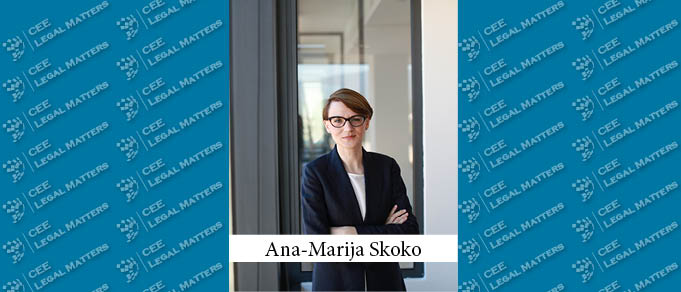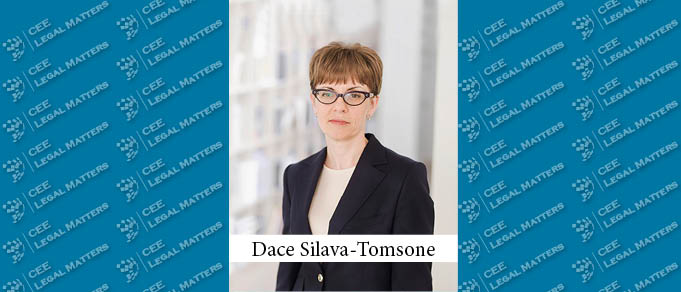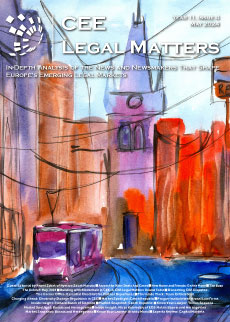Estonia’s commercial real estate sector is enjoying steady growth in practically all segments, with the construction of numerous new office buildings, logistics centers, hotels, and industrial buildings. Even though the majority of transactions are still being made by local property funds, there is an increasing inflow of foreign capital looking for decent returns in a stable environment. One critical aspect facilitating foreign investments into Estonia’s property market is the favorable legal environment.
Silver Cities – The Real Estate Implications of an Aging Population?
The world is getting older by the minute, and this is a fact.
Airbnb in the Crosshairs
Tourism in Austria is booming. The capital, Vienna, has reported a 9.9% increase of overnight stays, to 7.94 million, in the period from January to June 2019, a new record. Demand for common rental platforms, such as Airbnb, has increased even more. For several years now, Austria’s federal states, municipal administrations, legislators, and competitors (in particular the hotel industry) have been kept busy with the business model of commercial short-term rentals.
New Chapter in Latvian Construction Law?
The Baltic real estate and construction markets remain active, with a number of sizeable transactions completed during the first few months of 2019 and investment pouring into the development of infrastructure, commercial, and residential projects. For the past decade, the Estonian and Lithuanian real estate markets have been more active than the Latvian market. Now, however, with Estonian and Lithuanian markets becoming more and more saturated, Latvia is attracting an increased amount of interest from developers and investors.
The Rise of the Flexible Workplace
The footprint of flexible workplaces (i.e., co-working spaces) continues to expand as more and more global businesses embrace the modern workforce and the increasing options for work arrangements. Turkey has joined the flexible workplace trend.
Apartments and Suites – Tearing City and Developers Apart
In recent years, the Slovak Real Estate market has experienced significant growth thanks to extensive construction, especially in the capital, Bratislava. This is mainly due to the high demand for apartments, which is also reflected in their price.
Perpetual Usufruct Right Becomes More and More Similar to Freehold
With GDP growth for 2019 projected to be approximately 4%, the Polish economy remains strong, and the country’s real estate sector continues to set new records. The low availability of housing, strong domestic consumption, and stable industry production have boosted the profitability of real estate investments. Demand for land is high and developers compete fiercely for the shrinking number of attractive spots. In August 2019, a new law came into force which may make real properties held in a right of perpetual usufruct (RPU) more attractive than they used to be.
































